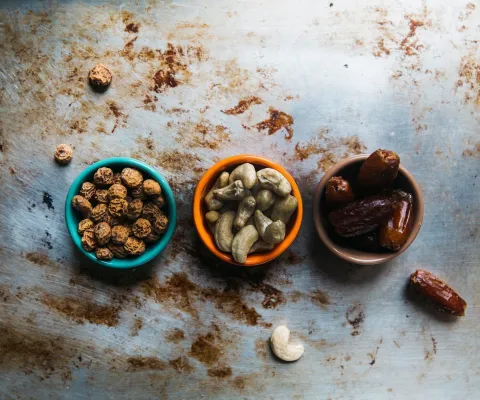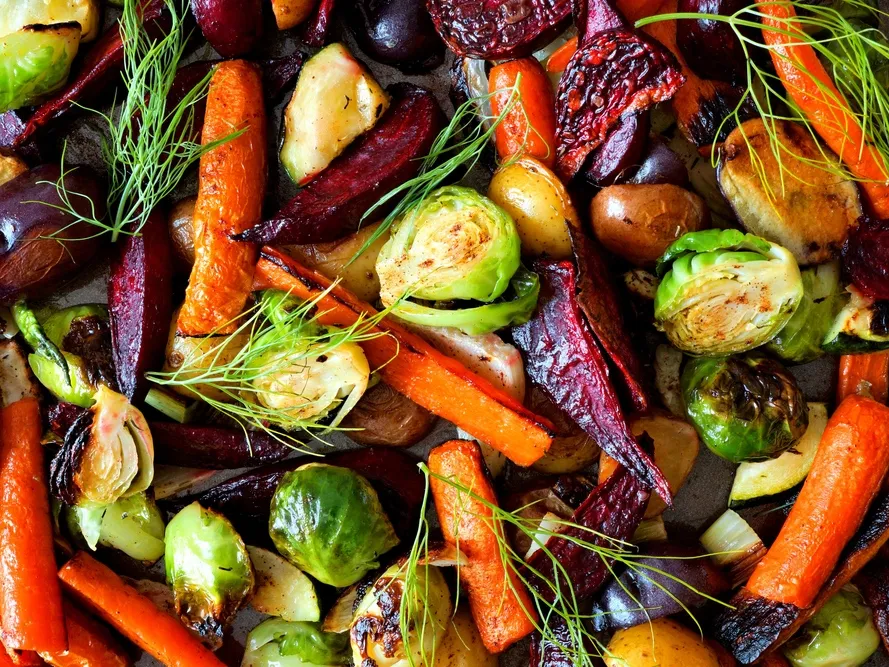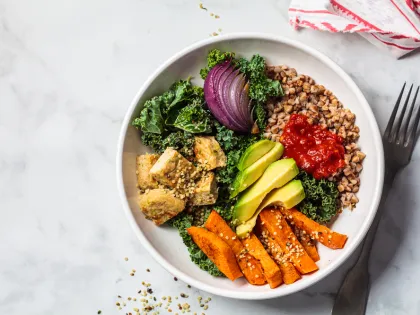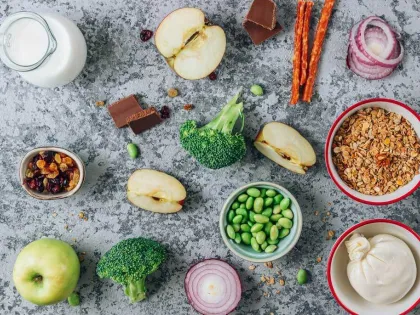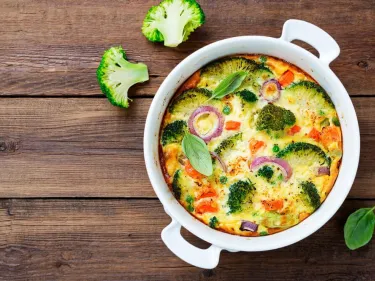The cool weather is definitely here to stay, bringing with it fresh produce and new ways to add variety. If you are all looking for a hearty meal to keep you warm then check our favourite winter warmers. They feature fruit and vegetables that are in season!
FRUIT | RECIPES | DID YOU KNOW? |
Bananas | Bananas are a great source of potassium, an essential mineral in our body for nerve function and muscle contraction. | |
Grapefruit | Grapefruit contains is a form of non-digestible carbohydrates. This means it is classified as a prebiotic food which is beneficial to our gut health. | |
Kiwifruit | Kiwifruit is a perfect smoothie fruit, addition to a grazing board or just a great snack alone to throw in a lunch box with a knife and teaspoon! Kiwifruits contain a type of prebiotic fibre which not only helps with constipation but promotes growth of healthy bacteria in our colon. | |
Lemons | Citrus fruits including lemon, mandarins and oranges are a great source of Vitamin C. The antioxidant properties of Vitamin C help support skin integrity and immune function. Mandarins are a great snack to add to a lunchbox or great substitution for oranges in a recipe. | |
Mandarin |
| |
Oranges |
VEGETABLES | RECIPES | DID YOU KNOW? |
Beansprouts | Beansprout be cooked or steamed and placed in a stir fry or served alongside meat or poultry or even as an omelette. If you have a recipe that you’d like to share that uses beansprouts, share it with us here. | Beansprouts are high in Vitamin C. The antioxidant properties of Vitamin C help support skin integrity and immune function. |
Broccoli | Broccoli contains a phytonutrient quercetin, which has been shown in research to have anti-inflammatory and antioxidant properties. | |
Brussel Sprouts | Brussel sprouts can be a great substitution for any vegetables like broccoli or cauliflower in dishes including stir fry, curries and even a side dish of vegetables. If you have a recipe that you’d like to share that uses beansprouts, share it with us here. | Brussel sprouts are a great source of Vitamin C, which is in important in functioning of our immune system. |
Carrots | Carrots are rich in beta-carotene, which is converted to Vitamin A in the body. This is an important nutrient in the maintenance and function of cells in our lungs, eyes and skin. | |
Cauliflower | As a member of the brassica family, cauliflower is in rich in the plant-based compounds phytonutrients which have been shown to have anti-inflammatory and anti-cancers properties. | |
Fennel | Fennel is a great source of folate, important in the formation of healthy red blood cells, vital for a healthy pregnancy and prevention of neural tube defects in pregnancy. | |
Mushrooms | Mushrooms are rich in antioxidants and a review of 17 studies have shown that mushroom intake showed a lower risk of any type of cancer. | |
Potatoes | Potatoes contain high amounts of potassium, which is important in heart health. Studies have shown that higher intakes of potassium lower the risk of hypertension and heart disease. | |
Silverbeet | Silverbeet can be substituted for spinach in recipes! The flavour of silverbeet is a more bitter compared to spinach but a great addition in a stir fry, side of vegetables or in a frittata. | Green leafy vegetables such as spinach and silverbeet are a rich source of iron which is important for reducing fatigue and support immune function. |
Spinach |
If any of these recipes contain vegetables that aren’t in season you can opt for frozen or canned varieties. Try these tips to help select healthy frozen or canned items.
Check back for what's in season in Spring when the weather starts to warm up.
